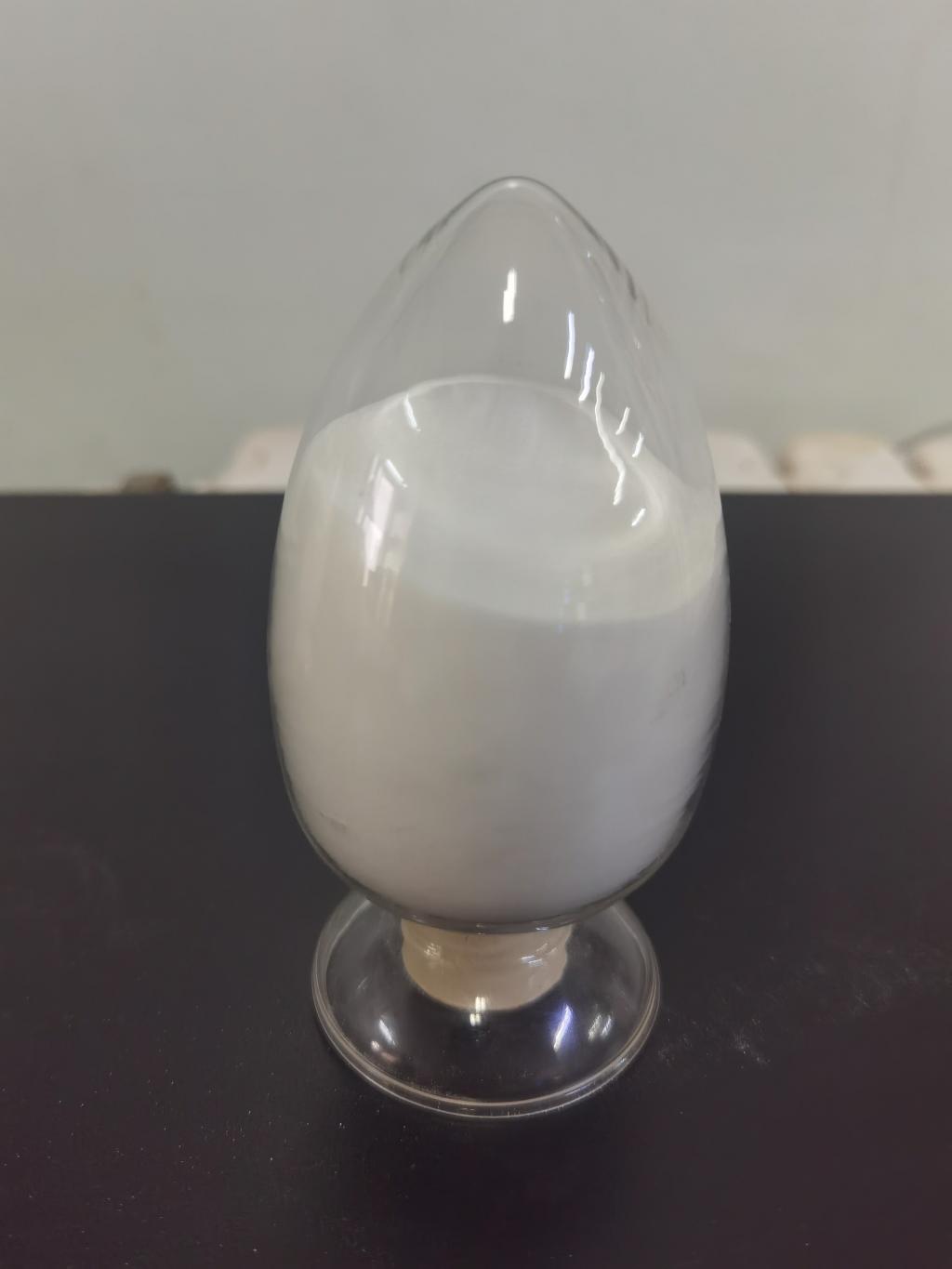Tel:+8618231198596

News
 CONTACT
CONTACT
 CONTACT
CONTACT
- Linkman:Linda Yao
- Tel: +8618231198596
- Email:linda.yao@dcpharma.cn
- Linkman:CHARLES.WANG
- Department:Overseas
- Tel: 0086 0311-85537378 0086 0311-85539701
News
ε-Polylysine hydrochloride contributes to sustainable farming practices by reducing chemical usage.
TIME:2024-03-26
Understanding ε-Polylysine Hydrochloride:
ε-Polylysine hydrochloride is a natural antimicrobial compound derived from fermentation processes, particularly from the bacterium Streptomyces albulus. It consists of a chain of lysine residues linked by peptide bonds, giving it antimicrobial properties against a wide range of microorganisms, including bacteria, fungi, and some viruses. ε-PL HCl is water-soluble, biodegradable, and non-toxic, making it an environmentally friendly alternative to synthetic chemicals in agriculture.
Reducing Chemical Usage in Agriculture:
Pest and Disease Control: ε-Polylysine hydrochloride acts as a natural antimicrobial agent, inhibiting the growth and proliferation of pathogenic microorganisms that cause plant diseases and reduce crop yields. By incorporating ε-PL HCl into agricultural practices, farmers can reduce reliance on synthetic pesticides and fungicides, thereby minimizing chemical residues in soil, water, and food crops.
Soil Health and Microbial Diversity: Synthetic pesticides and antimicrobials can disrupt soil microbial communities and reduce microbial diversity, leading to imbalances in soil ecosystems and decreased soil fertility over time. In contrast, ε-Polylysine hydrochloride has minimal impact on beneficial soil microorganisms and microbial diversity, promoting soil health and enhancing nutrient cycling processes in agricultural soils.
Water Quality and Aquatic Ecosystems: Runoff from agricultural fields treated with synthetic pesticides can contaminate surface water and groundwater, posing risks to aquatic ecosystems and human health. By reducing chemical usage and adopting ε-Polylysine hydrochloride-based pest control strategies, farmers can mitigate water pollution and protect aquatic habitats, contributing to improved water quality and biodiversity conservation.
Pollinator Health: Synthetic pesticides have been implicated in the decline of pollinator populations, including bees, butterflies, and other beneficial insects essential for crop pollination and ecosystem functioning. ε-Polylysine hydrochloride offers a safer alternative for pest management that does not harm pollinators or disrupt natural pollination processes, supporting pollinator health and enhancing crop yields through sustainable agricultural practices.
Benefits of ε-Polylysine Hydrochloride in Sustainable Agriculture:
Reduced Environmental Impact: By replacing synthetic pesticides and antimicrobials with ε-Polylysine hydrochloride, farmers can minimize the environmental impact of agricultural activities, including soil contamination, water pollution, and harm to non-target organisms. ε-PL HCl is biodegradable and non-toxic, posing minimal risks to ecosystems, wildlife, and human health.
Enhanced Food Safety: ε-Polylysine hydrochloride-based pest control methods contribute to improved food safety by reducing chemical residues in food crops and minimizing human exposure to potentially harmful compounds. Consumers can have greater confidence in the safety and quality of food products produced using sustainable farming practices with ε-PL HCl.
Economic Viability: Sustainable farming practices that prioritize ε-Polylysine hydrochloride-based pest control can offer economic benefits to farmers by reducing input costs associated with synthetic pesticides, minimizing the need for pest management interventions, and improving long-term soil health and fertility. Additionally, access to markets that value sustainably produced agricultural products can create economic opportunities for farmers committed to environmentally friendly practices.
Challenges and Considerations:
Regulatory Approval and Adoption: The widespread adoption of ε-Polylysine hydrochloride in agriculture may require regulatory approval and acceptance by farmers, agribusinesses, and policymakers. Efforts to streamline regulatory processes, provide educational resources, and promote awareness of ε-PL HCl's benefits can facilitate its integration into sustainable farming practices.
Research and Innovation: Continued research and innovation are needed to optimize ε-Polylysine hydrochloride formulations, application methods, and efficacy against target pests and diseases. Collaborative efforts between academia, industry, and agricultural stakeholders can drive advancements in ε-PL HCl-based pest management solutions and support the transition to more sustainable agricultural systems.
Knowledge Transfer and Extension Services: Providing farmers with access to technical support, training, and extension services is essential for successful implementation of ε-Polylysine hydrochloride-based pest control strategies. Extension programs can offer guidance on best practices, application techniques, and integrated pest management principles to maximize the effectiveness and sustainability of ε-PL HCl in agriculture.
Conclusion:
ε-Polylysine hydrochloride represents a valuable tool for promoting sustainable farming practices by reducing chemical usage and mitigating environmental impacts in agriculture. Its efficacy as a natural antimicrobial agent offers farmers a safer and more environmentally friendly alternative to synthetic pesticides and antimicrobials, supporting soil health, water quality, and biodiversity conservation. By embracing ε-PL HCl-based pest control strategies, farmers can cultivate resilient and sustainable agricultural systems that prioritize ecological balance, food safety, and long-term sustainability.
- Tel:+8618231198596
- Whatsapp:18231198596
- Chat With Skype







